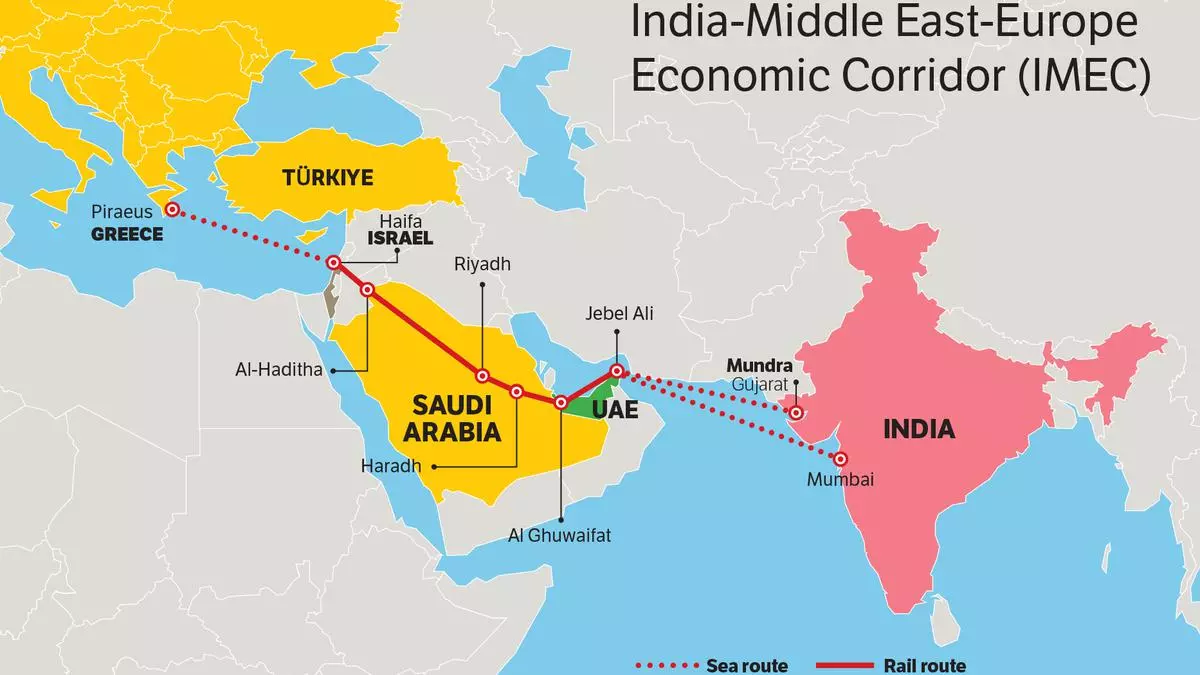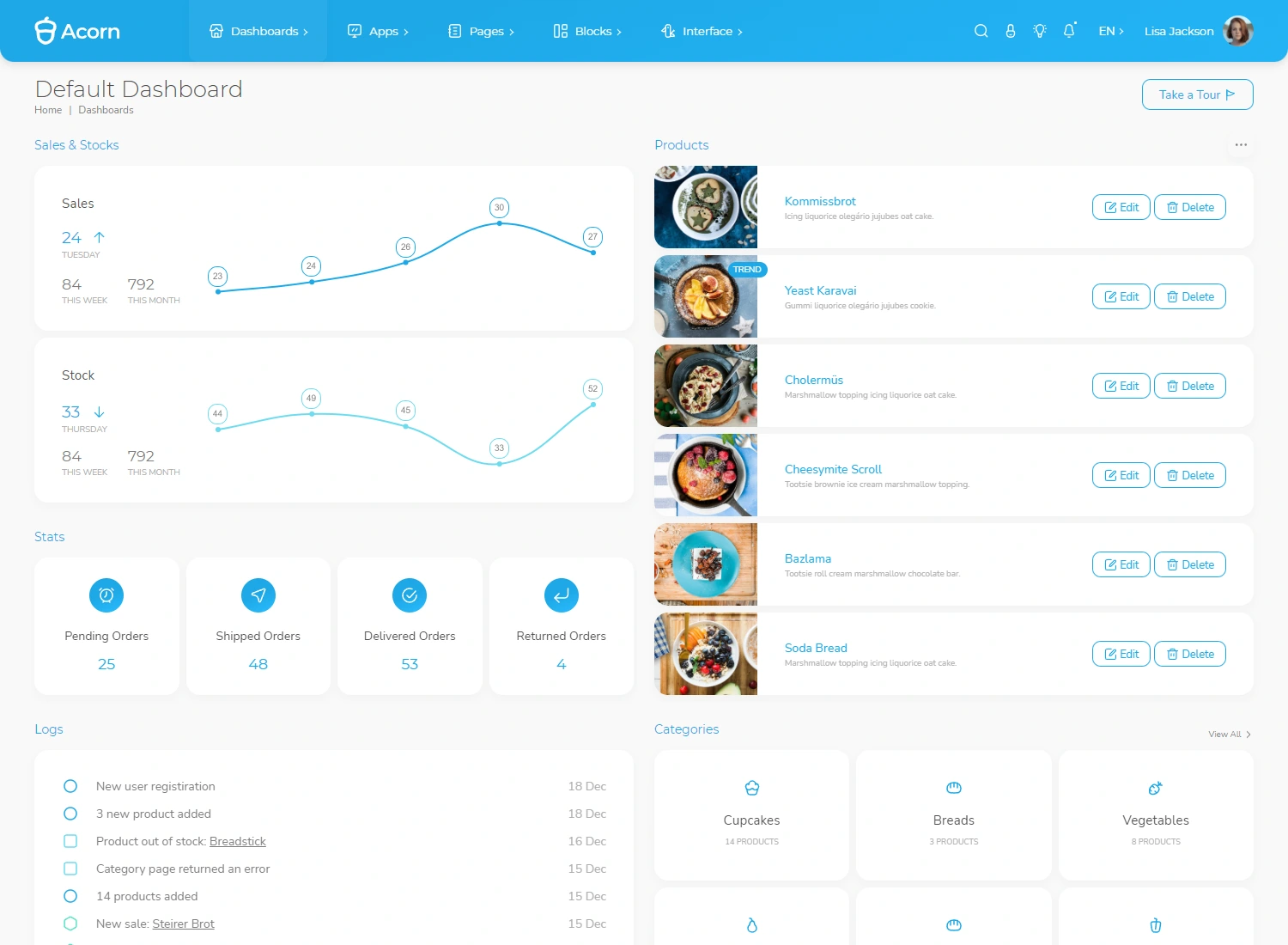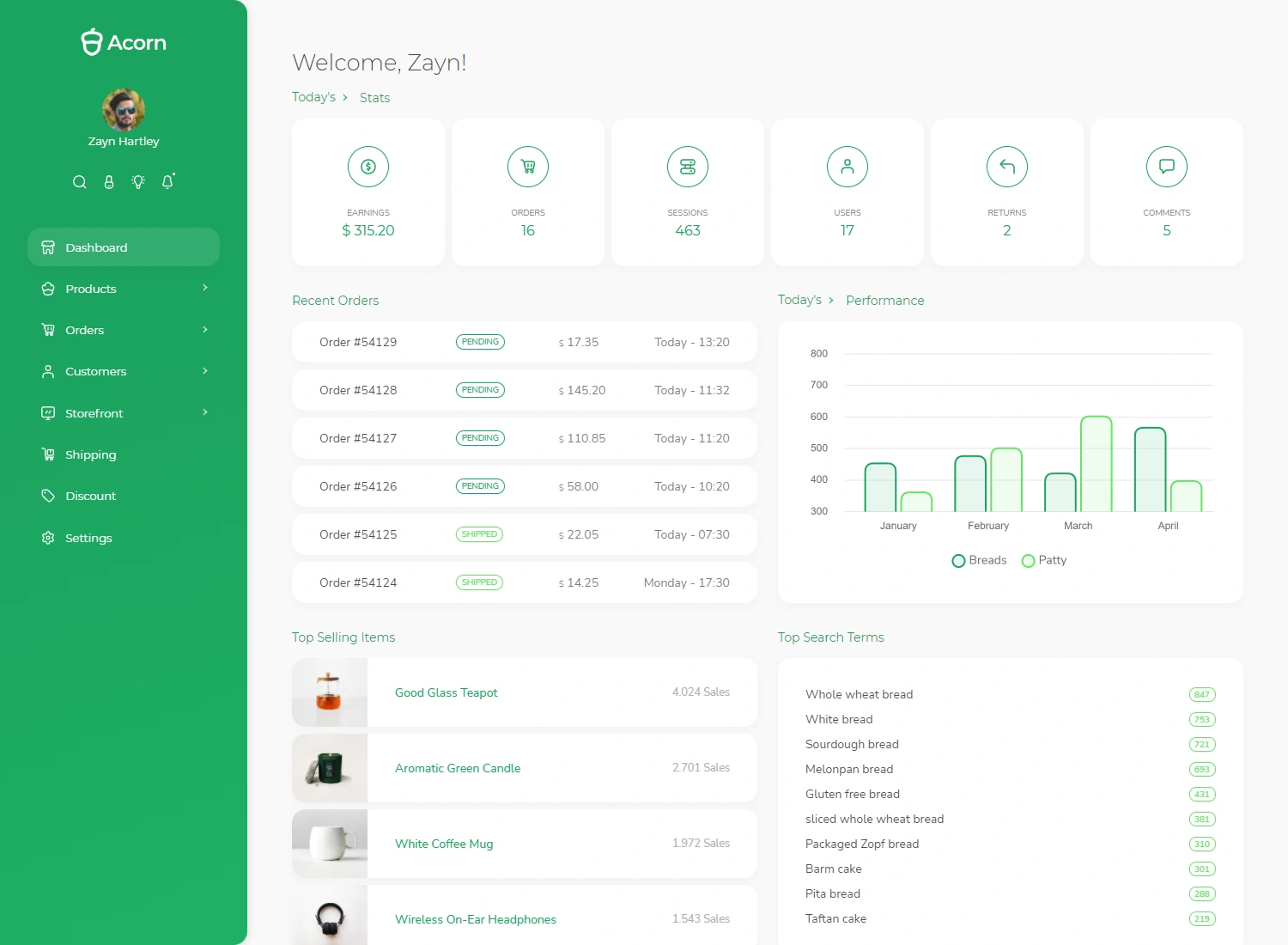
About
The India-Middle East-Europe Economic Corridor (IMEC), launched at the G20 summit in New Delhi in September 2023, represents a significant strategic initiative aimed at enhancing connectivity from India through the Middle East to Europe. This corridor is intended to serve as a counter to China's Belt and Road Initiative (BRI) and involves key global players including the United States, the European Union, and several Middle Eastern nations.
Relevance for India
For India, IMEC holds the potential to be transformative economically and strategically. Economically, it would integrate India more closely into global value chains, potentially shifting trade patterns to enhance India's export capabilities and energy security through diversified sources. Strategically, IMEC strengthens India's international alliances, providing leverage against China's expanding influence in the region and beyond. Moreover, participating in such a grand infrastructure project enhances India's stature on the global stage, aligning it with major global powers and emerging economies in a collective endeavor.
IMEC is strategically important for India as it aims to enhance its connectivity with Europe via the Middle East, thereby playing a crucial role in global trade networks. This corridor not only promises to boost India's economic and political influence but also serves as a strategic maneuver to circumvent the geopolitical encirclement by China, enhancing India's autonomy in international affairs.
In summary, while IMEC offers significant opportunities for India in terms of economic growth and strategic positioning, it also requires navigating substantial geopolitical and logistical challenges. The project's success will depend heavily on collaborative international diplomacy and effective management of regional complexities.
Hurdles
The major challenges facing IMEC include geopolitical tensions, particularly in the Middle East, exemplified by conflicts like the war in Gaza which can stall progress. Additionally, the corridor's path through politically volatile regions adds layers of complexity regarding security and cooperation. The diversity in political, economic, and cultural landscapes across the participating countries also poses significant integration challenges.






